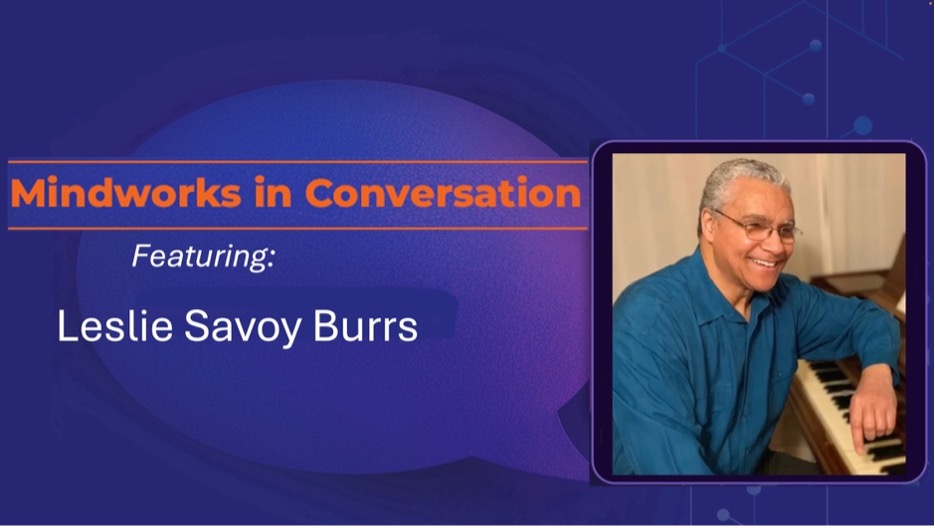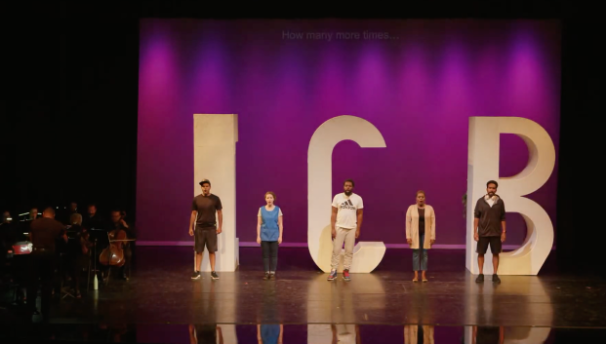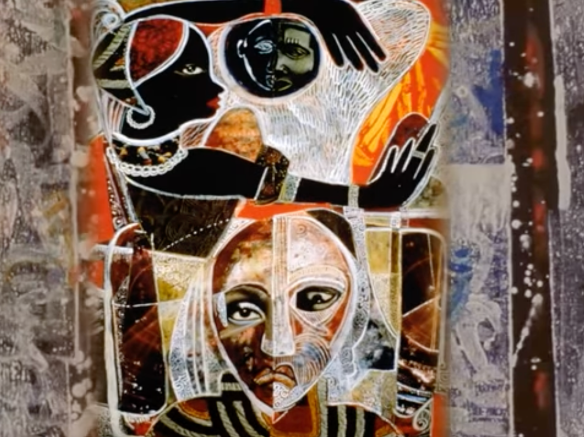
Click here to listen to a conversation with acclaimed opera composer, flutist, and educator Leslie Savoy Burrs, whose work exemplifies how personal stories become universal truths. This episode explores how music can be a conduit for memory, acceptance, and love—even when language, or identity itself, begins to fade.
Rooted in his family’s journey with dementia—especially as captured in his sister Robin’s poem GOODBYE MOMMA [Everyday, Again]
—Leslie presents a powerful, creative lens and discusses a work in progress, “Dimensions of Dementia.”
Through music, poetry, and film, Leslie transforms care into art, art into connection. His projects aren't just performances; they are narrative interventions—acts of witnessing, empathy, and preservation. Whether developing operas from community oral histories or composing scores rooted in personal loss, Leslie embodies the principle that we may not be authorities on the science, but we are authorities on our experience.
Operas and Stage Works
I Can’t Breathe (2022): A contemporary opera addressing themes of racial injustice and police brutality. The libretto was written by Brandon J. Gibson, and the work premiered at Marble City Opera in Knoxville, Tennessee. It was co-produced with Opera Columbus, Cleveland Opera Theatre, and Pacific Opera Project.

Transitions: Sung Stories (2009): Commissioned by NewCourtland Elder Services, this opera was presented at the 2012 OPERA America Conference in Philadelphia. It focuses on community engagement and the integration of opera with the humanities.
Portrait of a Nude Woman as Cleopatra (2008): A contemporary jazz opera created in collaboration with author and poet Barbara Chase-Riboud. The work premiered in June 2008, with a subsequent CD release in 2012.

Vanqui (1999): A two-act opera with a libretto by John A. Williams, commissioned by Opera Columbus. This work explores themes of slavery and spiritual resilience, blending African rhythms with classical motifs. Burrs received the 2002 Legacy Award from the National Opera Association for this composition, marking him as the first composer to receive this honor.

 Welcome to Narrative Mindworks!
Welcome to Narrative Mindworks!